Years ago, our band was doing a gig at a kid’s birthday party. The gig was put together by a party planner. We were splitting sets with the incomparable entertainer/clown/juggler/stilt-walking John Hadfield.
Even with the agent’s fee, it was a high paying gig for us. We were in chateau country. Along with John and our band, there was a caterer and a full-service bar for the grown-ups.
The gig was scheduled from noon to five.
It was less than a smooth engagement.
We were working outside and told to set up in the sun on a lawn. It was very muggy and the time frames as to what the client wanted were loosey-goosey.
At times, we were playing with no audience. The kids and guests didn’t want to be outside – they wanted to be inside where the AC and the bar were.
Because of the nature of the party, the blowing out the candles, opening presents, etc., our last set was an abbreviated one from 4:45 to 5:00. We stopped at five.
Right after the last song, I had walked about thirty yards from the band stand to get our cases from the van when I started to hear the client arguing with the other band members.
She felt that we had stopped the last set too early, that we had not played enough, and that we had shorted them. They guys were valiantly explaining the ins and outs of the schedule but the client was having none of it.
When I rushed back to the band stand, I interrupted the brewing disagreement. I turned to the client and only said, “What would you like us to do now? What would make you happy?”
I held my hands out, palms up, raised my eye-brows, stared at her, and froze.
The guys in the band, standing behind me, seemed stunned and didn’t move or say a word.
The client froze, too. Clearly, she had not anticipated this question. She was ready for a fight.
My question slowed her roll. She tentatively answered, “Play . . . . a few more . . . . songs?”
“We’d be happy to play three more songs for you! How does that work for you?” at which point she seemed a little embarrassed to have made a demand and mumbled something about that was good.
We fired up the PA and ended up playing only one more tune (with smiles on our faces) before they profusely thanked us and said we could stop playing.
We smiled, silently packed up, and left.
Lesson learned. Check cashed.
As music educators, we will occasionally find ourselves in situations with parents, kids, or supervisors who will be less than happy about circumstances they feel were created by us.
These are the times it pays to immediately be silent and grow circumspect.
These are the times that I use the “Three Magic Sentences” – more on that in another post.
When adults with cool heads are confronted with a screaming kid in full tantrum mode, they often slowly and softly say “Use your words” – and they’ll say it several times until it breaks the kid’s full-head of steam.
“Use your words” is a child’s Reader’s Digest version of “What would you like me to do right now? What would make you happy?”
When we use our words, we are temporarily stopping the stream of negative images and words streaming through our incensed brain. Most people actually start to internally hear the crazy stuff and usually curb their verbal venom.
If people are not cognizant of their hyperbolic language in real time, it’s good to slowly reframe it and repeat it, ostensibly for clarity – but also for the opportunity for them to hear it again and possibly re-evaluate their response.
Purposefully keep your sentences devoid of emotional, hyperbolic phrases. Frame your question with short, single-syllable, firm, and focused words.
For starters, get comfortable with the question I posed the client:
“What would you like me to do now? What would make you happy?_________(Silence) ”
Take a moment right now and practice saying it about a dozen times (including the silence) with different inflections until you find the most non-threatening sound possible. You want to sound reasonable – not like psycho Robert De Nero in “Taxi Driver” as in “You talkin’ to me?”
The secret ingredient in the question I asked our client was the silence at the end. You have to shut up and wait for their response.
If they divert from your question with more arguing, be quietly persistent, and re-direct back to your initial request.
“I’m asking again. What would you like me to do right now? What would make you happy?”
Sometimes people don’t want a resolution – at least not just yet. They want to foment tension or anger and dump on you for a perceived short coming.
You are no longer a person in their eyes: they are a victim and you are their target.
After their initial tirade, ask the simple question in as a sincere manner as possible: “What would you like me to do right now? What would make you happy?” and wait for their answer.
Try your best to resolve the issue by fulfilling their request.
Sometimes, their proposed resolution will be unreasonable or impossible to fulfill.
If our client had responded with “play for two more hours” or “come back and play next weekend”, I would have said something like:
“I hear what you’re saying. (pause and slowly continue)
What you are saying is that you want us to continue playing for two more hours, which would be extending our playing time by a full fifty percent or pack up, comeback next weekend, set up again, and play for an undetermined amount of time.
Due to scheduling commitments, it is impossible for us to do that.
I’m trying to focus on right now.
Could you please tell me something I could do right now to make this better?”
Whatever you do, don’t suggest a resolution. Make them confront their own demands and say what will make them happy.
Remember, you want to have a conversation, not a confrontation.
If you’re goal is to win, better to play “Rock, Paper, Scissors” or thumb wrestle.
If you want a mutual resolution, resolve yourself to the idea that you might have to bend.
Use your words - and make the person across from you use their words. If their words are off the wall, reframe them so they can hear their own words coming back to them.
Ask a single cogent question.
And don’t forget to shut up.

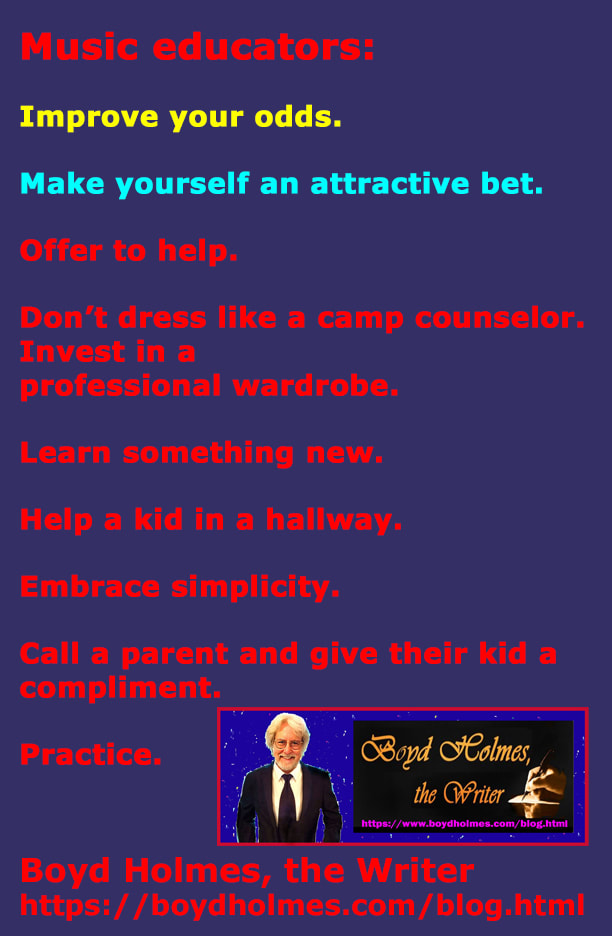
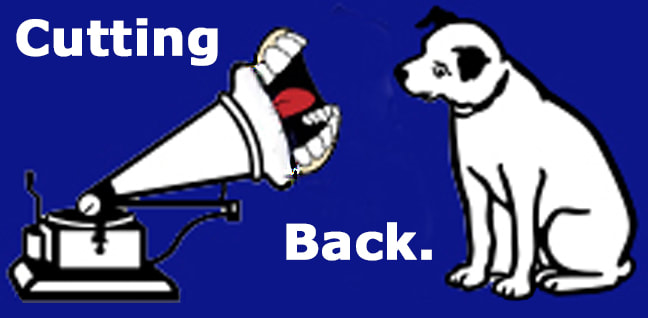
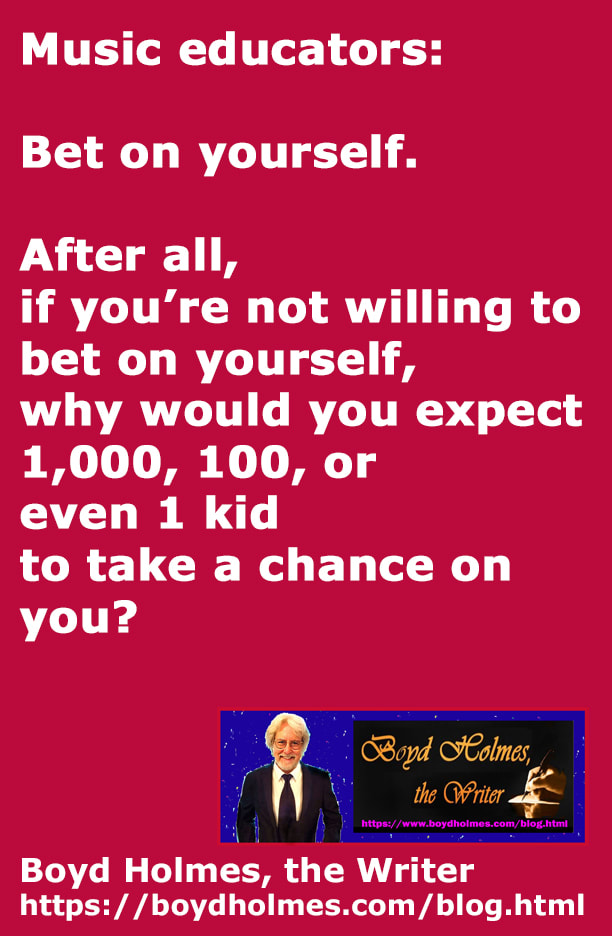

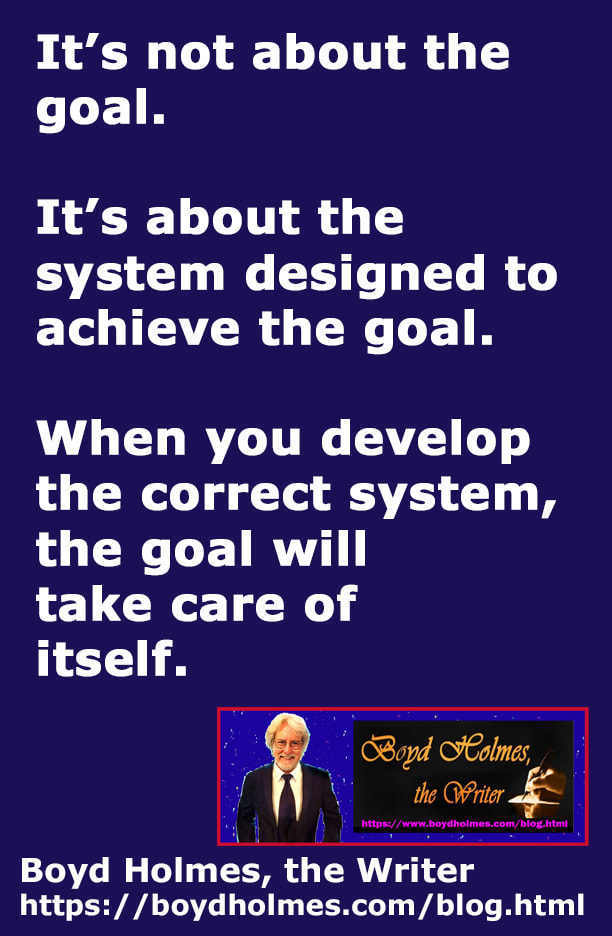
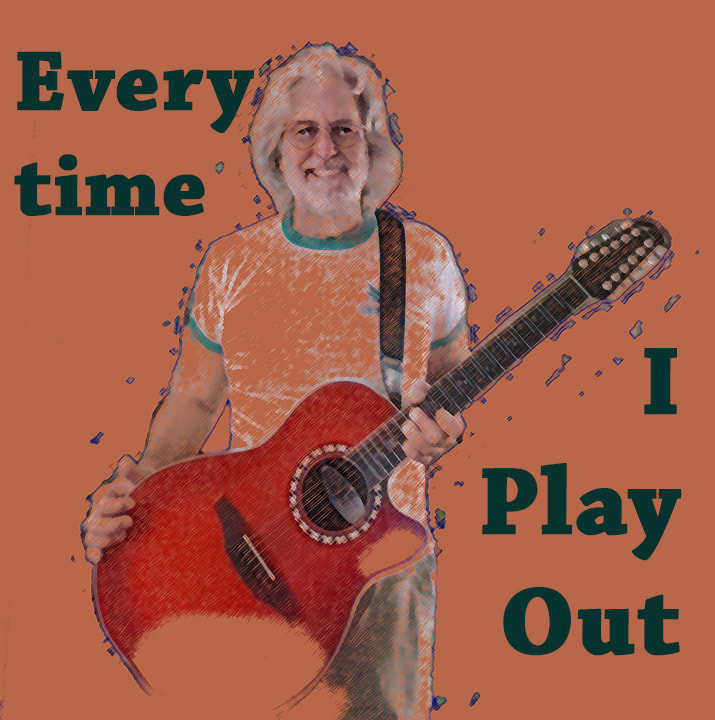
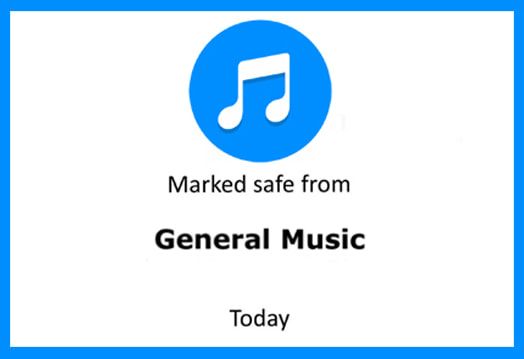

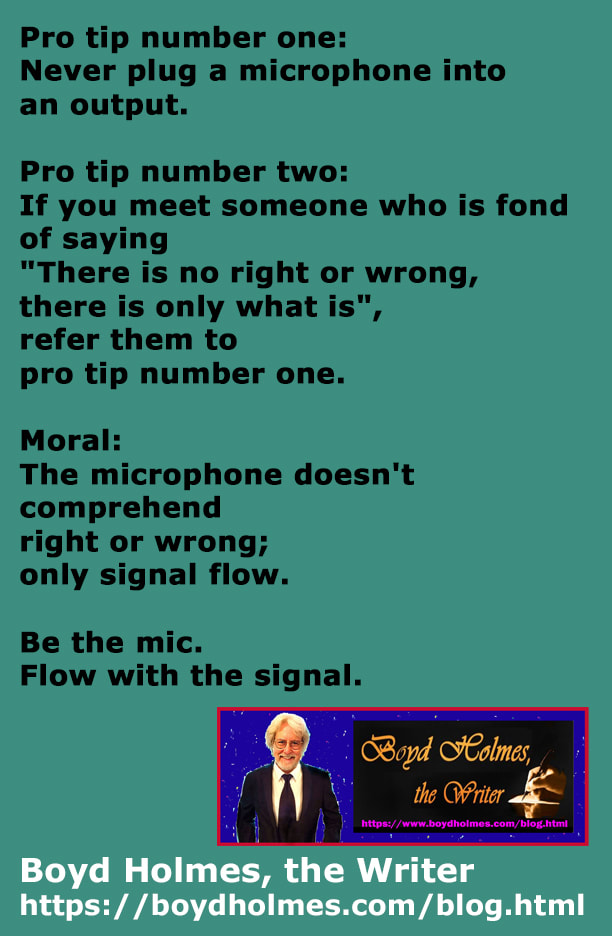
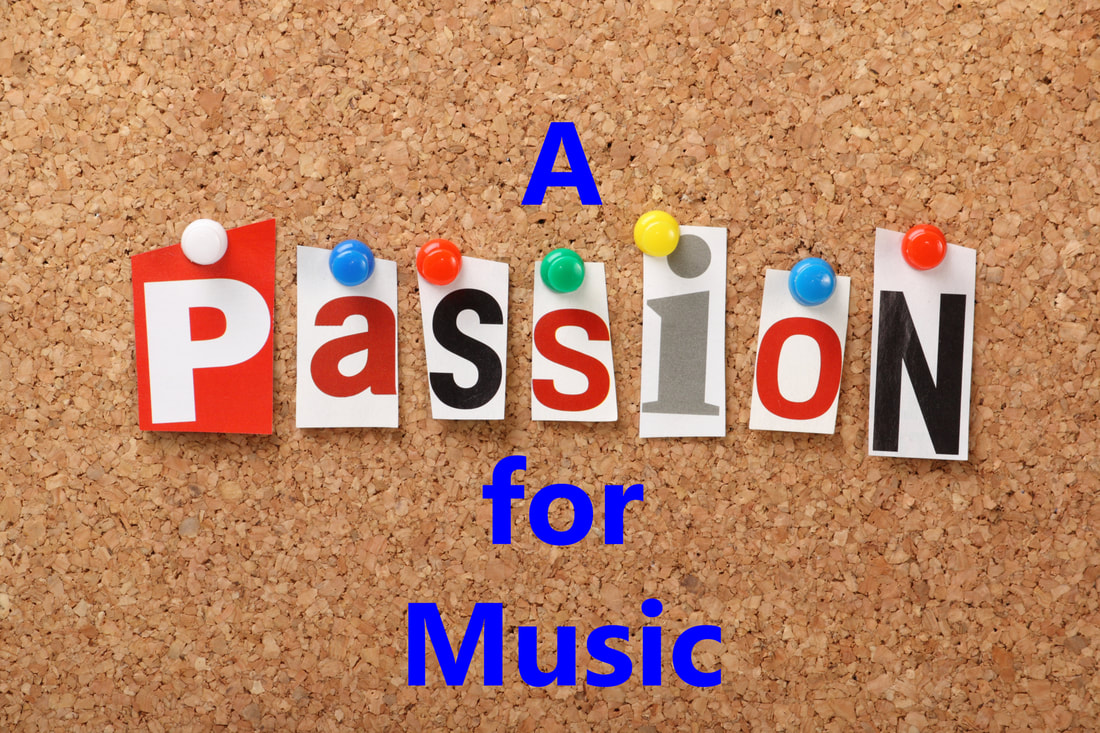
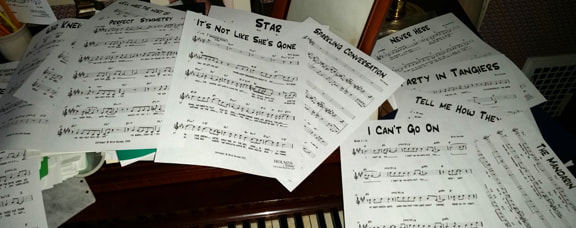

 RSS Feed
RSS Feed